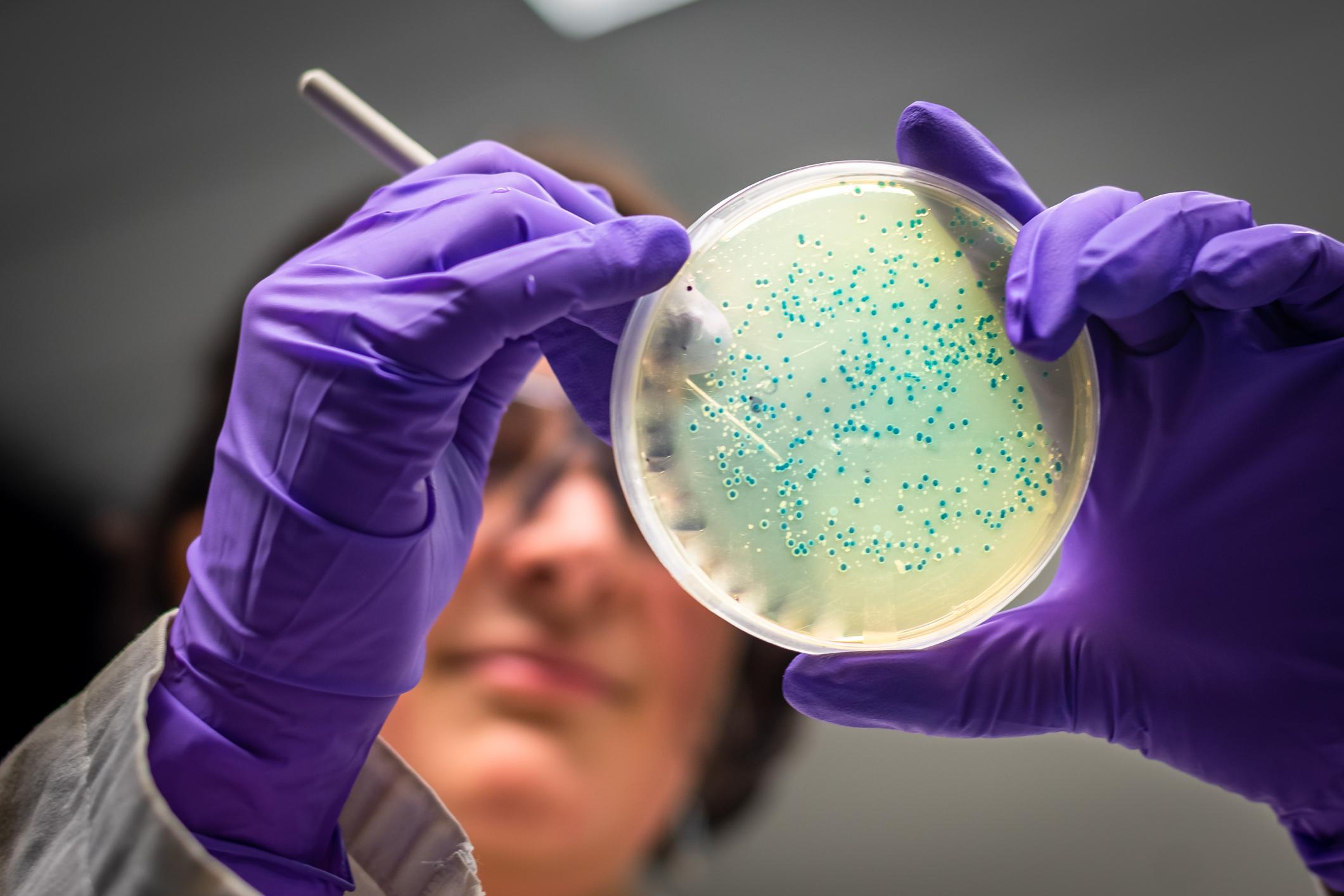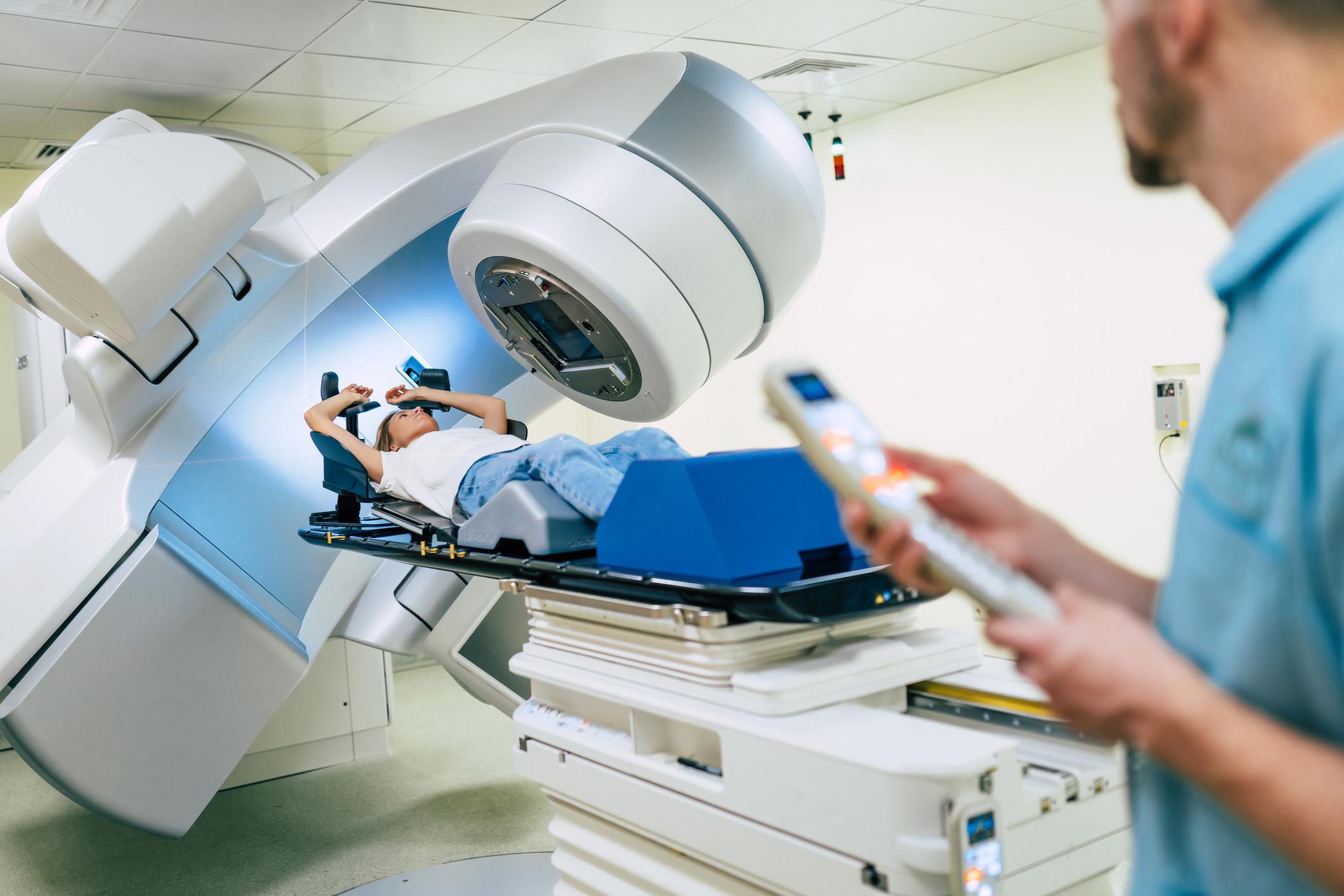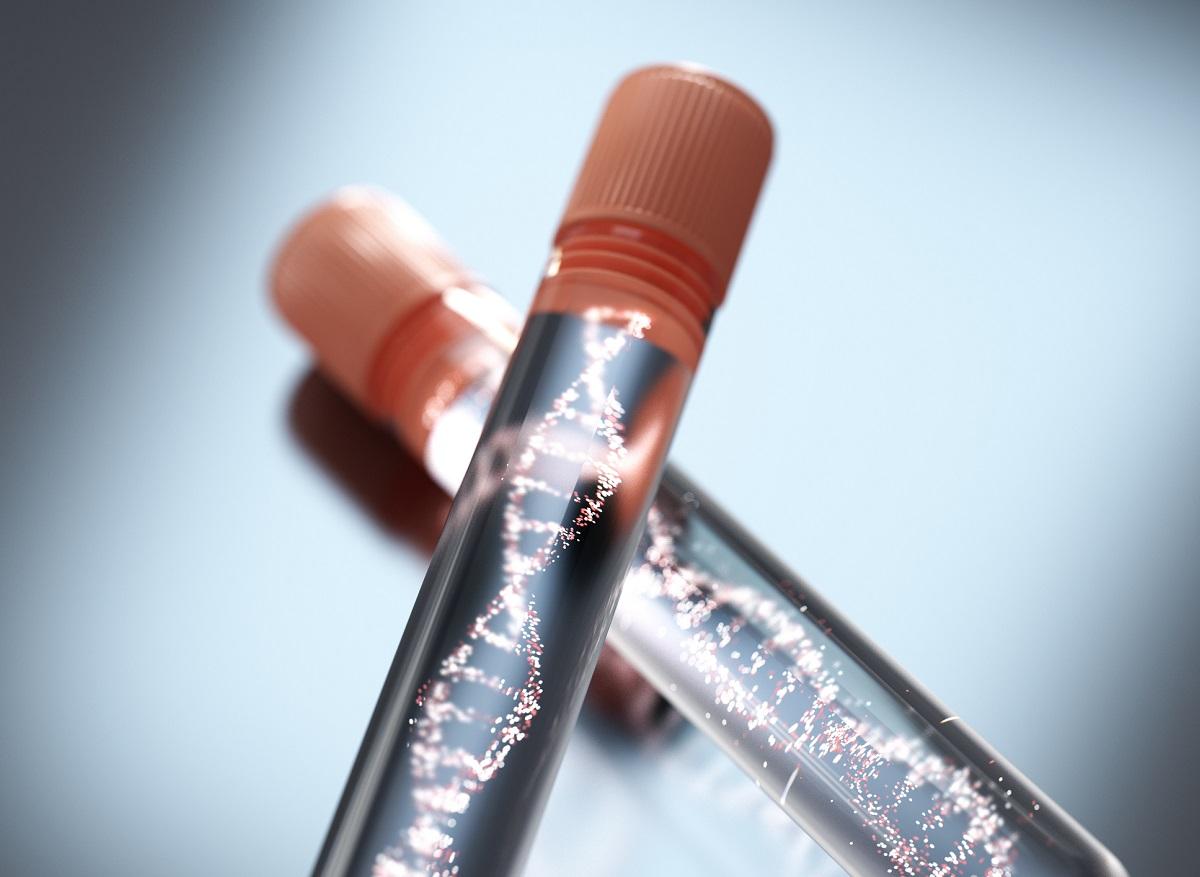A genetic test, carried out before issuing a prescription, would improve the treatment of millions of patients.

- If all patients performed a genetic test before starting their treatment, 9.1% would see their prescription changed from what it is today, by a change in medication or dosage.
Knowing patients better to be more sure of treatment: this is the idea of a British and Dutch research team. In their work published in the specialized journal British Pharmacological Society, they prove the value of genetic testing in the prescription of common drugs. According to them, this could improve the lives of millions of patients, who today take doses that are not adapted to their particular case, and suffer from side effects.
One in 11 patients could benefit from a change in treatment
The researchers identified 56 drugs known for their genetic interaction: antidepressants, antibiotics, treatments for stomach ulcers, painkillers, etc. In parallel, they analyzed data from the National Health Service (NHS), the British health organization, in 2019. This allowed them to count the number of people receiving a new medical prescription each year in the country: this represents nearly six million prescriptions per year.
If all patients performed a genetic test before starting their treatment, 9.1% would see their prescription changed from what it is today, by a change in medication or dosage. “Depending on the results of pharmacogenetic testing, patients could either be given a higher or lower dose than normal, or be monitored more rigorously during the early stages of treatment.”, detail the scientists. The test is a sample generally taken from the cheek, which allows the DNA of patients to be analyzed. “As the cost of this type of test continues to fall, this technology should be a good investment for the NHS“, explains Essra Youssef, lead author of this research.
A beneficial system for patients and for health insurance
They estimate that 95% of the population has a genetic variant associated with an atypical response to at least one drug. “We found that around four million patients could benefit from this new technology each year in the UK“, underlines Essra Youssef.
In the Netherlands, this type of service is already offered, and experience shows that it is an effective system for improving the accuracy of medical prescriptions. “Better drug selection, based on patient genetic information, could reduce side effects and improve treatment outcomesadds the scientist. This will not only benefit the patient, but also the NHS, as many patients will no longer need to visit their GP as often to change their treatment.”
Within ten years, the NHS plans to set up a system of genetic tests for patients, in order to analyze different genetic variations. The results will be integrated into their medical file and may enable health professionals to improve their prescriptions.
.

















